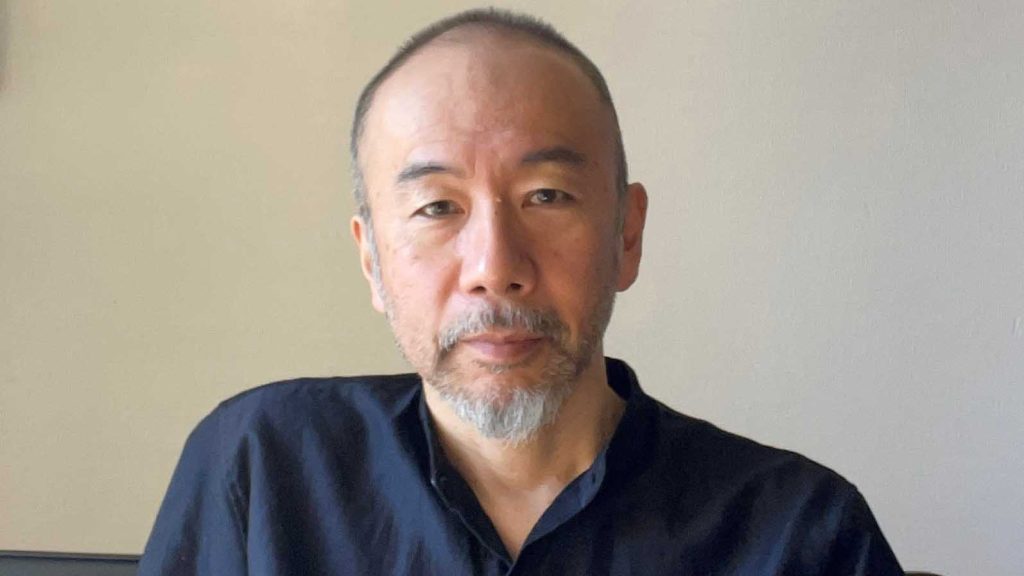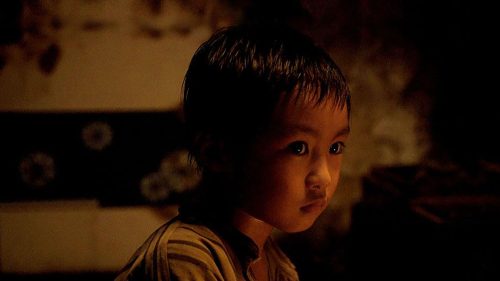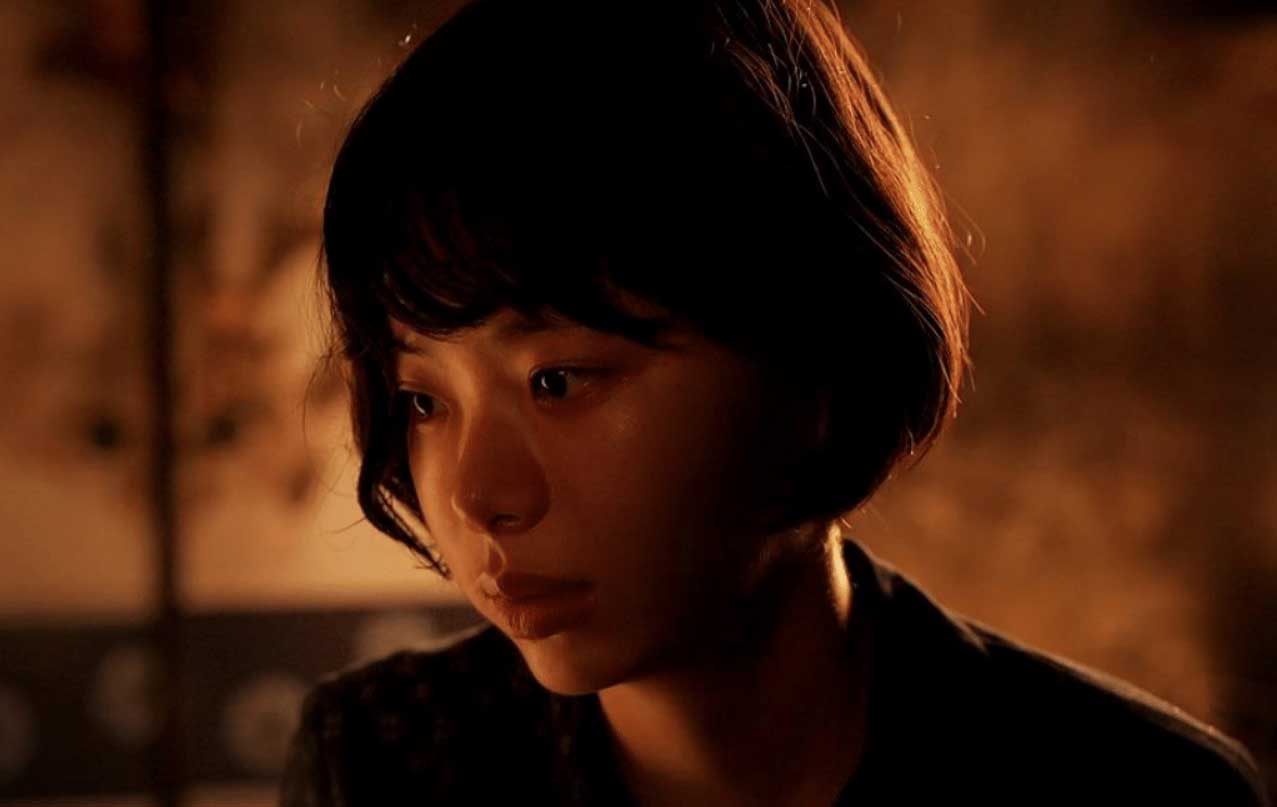
Cult Japanese director Shinya Tsukamoto returns to Venice in Orizzonti section, with Hokage (Shadow of Fire) a dramatic tale of the effects of war on human beings and the horror of killing. A film born out of a specific urgency, “As the world takes a step backward from peace, I felt compelled to make this movie, as a prayer,” said the director.
In your latest film, you once again tackle the drama of World War II, as you did previously in Fires on the Plain (Nobi). What was your directorial approach in this case?
Regarding Fires on the Plain, I had read Shōhei Ōoka’s novel Nobi in high school, and it left a profound impact on me. It remained a long-standing passion, and I had always desired to adapt the novel for the big screen. These atmospheres greatly influenced me, prompting me to revisit that historical period.

The Japanese cult director returns to the theme of war after his previous works Fires on the Plain (Nobi) in 2014 and Killing (Zan) in 2018. Once again, the setting takes us back to World War II. A woman survives alone, tormented by the horr...
In Japanese cinema, war and its tragic consequences have often given rise to ‘monsters’. Throughout your filmography, mutation, with echoes of atomic radiation, and violence have been constants. Do you see any possibility of redemption through your works? Do you believe that cinema can in some way improve society?
In Japan, the theme of war is often explored in cinema at various levels, whether to depict the horrors of war, narrate the deeds of heroes, or reflect on its effects on the lives of people subjected to the domination of other countries. I don’t believe that a single film can immediately change things, but I hope that through the ongoing storytelling and representation of the horrors of war, people become less inclined to accept it. I believe in the power of cinema to sensitize people’s minds and make them more aware of these issues.

The importance of female figures, with their strength and determination, has steadily grown throughout your directorial journey, and this is reflected in your latest work. Could this be a path to redemption from the horrors, a redemption for humanity?
I agree with your reflection. In my earlier works, women were indeed physically stronger, engaging in scenes of violence where they overpowered men, but they were often marginalized figures, completely isolated within a patriarchal society. Then there was a shift, and in my more recent films, women have taken on central roles in determining the fates of families, showcasing a strength of character and inner strength, distinct from physical strength but equally fundamental.
What is your relationship with Italian cinema?
I have a deep appreciation for Italian cinema. In particular, I am fascinated by the work of Federico Fellini and, above all, Amarcord, which I watched when I was fifteen years old. This film profoundly inspired me. Furthermore, I have great admiration for Dario Argento’s cinema and how he approaches eroticism in his films, which I found captivating and intriguing.